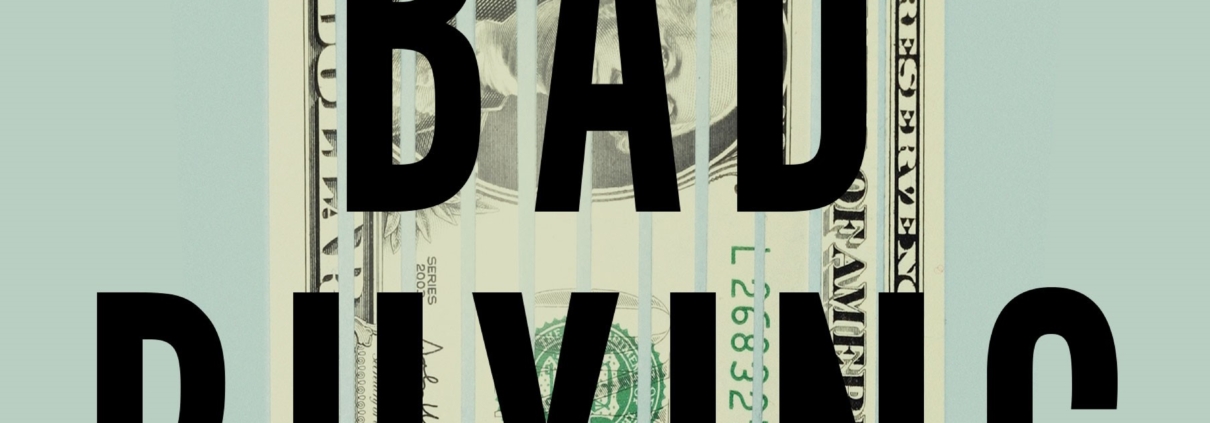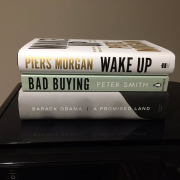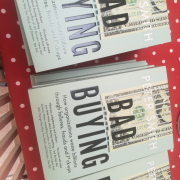Don’t Be a “Bad Negotitor”
As it is the holiday season, here is a short extract from my Bad Buying book rather than a fresh article – taken from the chapter on negotiation.
Nothing Else Matters
While this is not a “how to negotiate” textbook, let’s just run through a few basics, in the spirit of avoiding failure. We talked about the BATNA concept earlier, and that broadens out into the importance of planning before face-to-face negotiation. Understand the market, your own situation (including your BATNA) and the other party’s situation too. In addition to that, here are three more vital points to consider; they are relevant to anyone who has to conduct business (or indeed personal) negotiation of any kind.
Don’t take it personally – in business negotiations, don’t get hung up on the people involved, your personal pride or status (as in my Charlie Hurley story). Look on this as two parties coming together to solve a business problem; i.e. reaching a satisfactory agreement for the purchase. You can be tough, but you should never be personally abusive or insulting. And in business, very few negotiations are pure one-off bartering. It’s not like buying a carpet in the souk, where you will never see the trader again in your life. In business, you tend to work with people after the contract is agreed, and you may well need their support at some point. If you called their CEO a “fu****g idiot” during the negotiation, you can guess how they will respond if you need their help later!
Be creative – the classic task in negotiation courses is to ask two people to share an orange “fairly”. They end up halving it, of course. But if one really wants the orange for the zest (which comes from the skin) and the other wants the juice… then both can have, in effect, the whole orange. Understand what the other party really wants and think about options and creative ideas for the negotiation. One trick is to find aspects that the other party values more than you, that you can trade for benefits you do care about. For instance, suppliers often value highly your endorsement or being able to use your organisation as a reference when they’re trying to win other contracts. That costs you nothing – but has a value to them. You can trade that for a longer warranty period, better payment terms, maybe even a price reduction. Or if your organisation is cash-rich, very prompt payment may be worth a lot to a cash-starved supplier.
Try to be objective – determining what is a “fair price” is rarely easy. But if you have evidence, your negotiation will be smoother and more successful. “Your price is too high” might work fine as a negotiation stance. But “I’ve benchmarked your price against two databases, done my own analysis of what I think it costs to make this product, and I’ve got prices from two competitors. I do want to work with you, but all of that suggests you are still 20% above a fair market price” is much more powerful.
Negotiation is a fascinating topic, and as well as the classic books, I’d recommend looking at the latest thinking in behavioural psychology from Nobel Prize winner Daniel Kahneman and others, in books such as Thinking Fast and Slow[1]. Their work has increased understanding of how issues such as priming and anchoring affect our negotiations. I was taught years ago that the first offer in a negotiation could set the tone – so if a realistic price might be around £100, offering just £50 might reset the seller’s expectations. I always had my doubts about this, as you can look stupid if you make a really unfeasibly low offer. But the psychology of “priming effects” suggests there may well be something in this tactic after all, if used appropriately.
[1] https://www.penguin.co.uk/books/563/56314/thinking–fast-and-slow/9780141033570.html










Leave a Reply
Want to join the discussion?Feel free to contribute!